Numerous coping strategies can result from social anxiety, which is typified by an inundating trepidation of social interactions and a nagging concern about being judged negatively. On the other side, the desire for solace from psychological anguish, trauma, or emotional misery is frequently the substructure of addiction.
What is Social Anxiety:
Social anxiety disorder (SAD) is a common mental health condition that manifests in various ways, ranging from mild discomfort in social situations to debilitating fear that significantly impairs daily functioning. Individuals with social anxiety often experience intense self-consciousness, fear of embarrassment or humiliation, and an overwhelming desire to avoid social interactions. The fear of negative evaluation is a core aspect of social anxiety, driving individuals to isolate themselves and adopt maladaptive coping mechanisms.
While nervousness before a presentation and shyness around strangers are common, social anxiety sufferers experience these feelings more intensely, which makes it difficult for them to go about their daily lives. Commonplace scenarios including going to work or school, striking up a conversation, meeting new people, initiating eye contact, dating, eating in public, or getting up in a room full of seating individuals might be avoided by them.
The Link between Social Anxiety and Addiction:
Substance misuse and gregarious solicitousness are frequently linked. For example, alcohol addiction and social anxiety are prodigiously prevalent co-occurring illnesses. According to research, there may be a link between apprehensiveness disorders and a higher risk of substance use disorders. Adults with social anxiety disorder may be more liable to have been ri;rously bullied or abused as children. Children who have experienced other types of trauma, such as family strife or physical or sexual abuse, may develop extreme convivial solicitousness. Substance misuse can withal result from trauma. Certain medications, like hallucinogenics and methamphetamine, induce solicitousness.
However, the apprehensiveness they elicit is typically more paranoid than social situational apprehensiveness. Nevertheless, it's critical to rule out drug-induced anxiety afore assessing the possibility that substance addiction and social anxiety are co-occurring.
During their withdrawal, some substances, such as alcohol and opioids, can also induce widespread anxiety. In appropriate situations, this might progress into a severe anxiety condition. It's also conceivable for someone who has been sober for a while to exhibit the signs of social anxiety disorder for the first time, just because they have been reliant on drugs or alcohol to manage their symptoms and are now free of those resources.
Hence, Socially anxious individuals may turn to substances or behaviors that provide temporary relief from their overwhelming anxiety. Alcohol, drugs, or even certain activities like excessive gaming or gambling can serve as coping mechanisms, offering a perceived escape from the challenges of social interaction. The initial use of these substances or behaviors as a means of self-medication can evolve into a full-fledged addiction, creating a self-perpetuating cycle that further exacerbates social anxiety.
Factors Contributing to the Coexistence:
Self-Medication Hypothesis:
- Individuals with gregarious apprehensiveness may resort to substances or addictive behaviors as a way to self-medicate and alleviate their solicitousness symptoms ephemerally.
- The immediate assuagement provided by these substances reinforces the sodality between the addictive demeanor and apprehensiveness abbreviation, perpetuating the cycle.
Isolation and Loneliness:
- Socially anxious individuals often isolate themselves to avoid triggering situations, leading to feelings of loneliness and isolation.
- Addiction can become a way to cope with the emotional pain of isolation, providing a false sense of connection or comfort.
Neurobiological Factors:
- Neurotransmitter imbalances, concretely in the serotonin and dopamine systems, are implicated in both social anxiety and addiction.
- Common neurotransmitter pathways may contribute to the overlap between the two conditions and the development of comorbidity.
Deteriorating Mental Health:
- The coexistence of social anxiety and addiction can lead to a worsening of mental health, as both conditions reinforce each other in a negative feedback loop.
- Increased anxiety from social situations may escalate substance use, while the consequences of addiction can exacerbate social anxiety.
Impaired Functioning:
- Individuals grappling with both social anxiety and addiction often experience impaired social, occupational, and academic functioning.
- The dual burden can hinder personal and professional growth, creating a cycle of underachievement and reinforcing negative self-perceptions.
Increased Risk of Co-occurring Disorders:
- The interplay between social anxiety and addiction elevates the risk of developing other mental health disorders, such as depression, further complicating the clinical picture.
Treatment and Recovery:
Integrated Approach:
- Comprehensive treatment approaches that address both social anxiety and addiction simultaneously are crucial.
- Integrated therapies, including cognitive-behavioral therapy (CBT), exposure therapy, and motivational enhancement therapy, can help individuals develop healthier coping mechanisms.
Pharmacological Interventions:
- Medications targeting both social anxiety and addiction, such as selective serotonin reuptake inhibitors (SSRIs) and naltrexone, may be prescribed to address underlying neurobiological imbalances.
Supportive Communities:
- Peer support groups and community-based interventions can provide a sense of belonging and understanding, helping individuals break the cycle of isolation and addiction. Groups such as 12 Step Fellowships including AA (Alcoholics Anonymous), NA (Narcotics Anonymous), CA (Cocaine Anonymous) SLA (Sex and Love Anonymous) are worldwide and online. Other options include but not limited to are SMART Recovery, LifeRing Secular Recovery, Celebrate Recovery, Women for Sobriety, Refuge Recovery and Dharma Recovery.
Holistic Approaches:
- Incorporating holistic practices, such as mindfulness meditation, yoga, and stress reduction techniques, can complement traditional therapeutic modalities and contribute to overall well-being.
How can Samarpan help you?
People can communicate, express their feelings, and investigate the source of their worry in counseling. Reiterating our clients' self-worth, self-credence, and resilience is a component of our engagement with them. People should concentrate on the benefits rather than letting a lamentable experience dismay them. The "power of yet" is the feeling that you might not be able to accomplish a task or interact with people. Since you're not quite yare, you should rephrase that. You now have culls as a result. It gives you access to the open door.
Cognitive behavioral therapy (CBT), which examines your feelings, conceptions, and actions, can be salutary. Transmuting them can avail you in managing your issues. You can learn skills from CBT to avail you control your anxieties and abbreviate your apprehensiveness. When coalesced with a cognizance of the cause of the trepidation and solicitousness, it works efficaciously.
Social anxiety and addiction, when entwined, create a challenging and intricate landscape for individuals seeking relief and recovery. Understanding the factors that contribute to the coexistence of these conditions is crucial for developing effective treatment strategies.
An integrated approach that addresses both social anxiety and addiction, coupled with ongoing support and a focus on overall well-being, offers a pathway towards recovery and improved mental health. By unraveling the complex interplay between social anxiety and addiction, clinicians, researchers, and individuals alike can work collaboratively to break the cycle and pave the way for lasting healing and personal growth.
Samarpan is a specialized international Substance Use Disorder (De-Addiction) and Process Addiction rehab in Pune, India that accepts a maximum of 26 clients. We only accept clients on a voluntary basis and have a highly structured program that encompasses the most effective approaches to Substance Use Disorder and addiction. The facility is set in the rolling hills Mulshi, with clients having either individual or shared rooms, in a modern resort-like facility, staffed by Internationally Accredited Professionals. Samarpan is fully licensed under The MSMHA and is also an accredited ;RSKI-CENAPS Centre of Excellence offering a program from 5 to 13 weeks.
If you or someone you care about is considering treatment for substance use disorder or process addictions, we can help. Contact us now on admissions@samarpan.in or phone/WhatsApp us on +91 81809 19090.






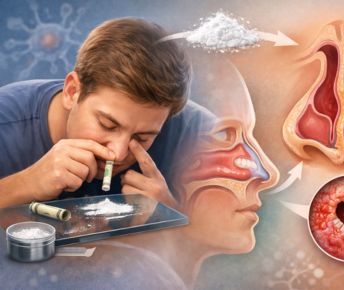
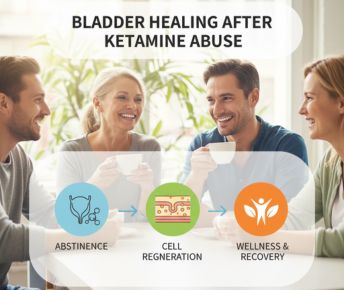

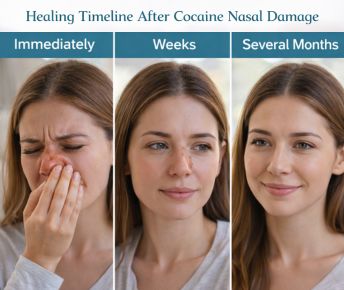






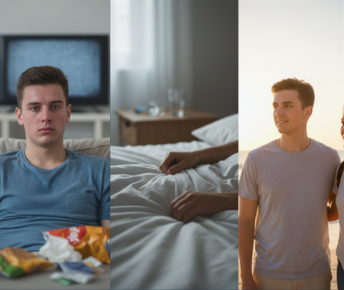

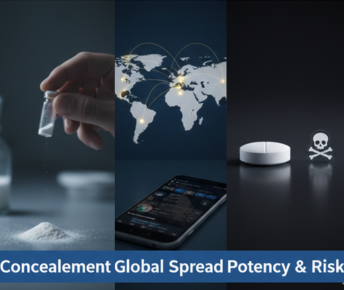
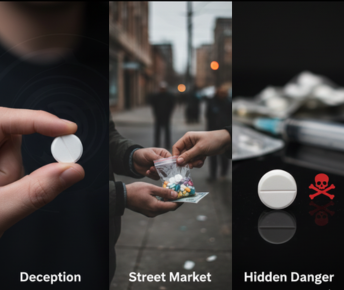

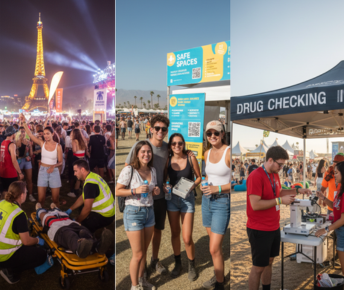

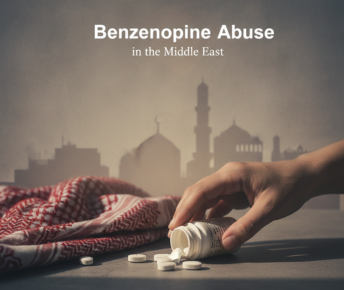
 Yes, many offer serene environments and solid therapeutic frameworks. However, quality varies, so it’s essential to research accreditation, staff credentials, and therapeutic depth.
Yes, many offer serene environments and solid therapeutic frameworks. However, quality varies, so it’s essential to research accreditation, staff credentials, and therapeutic depth.




